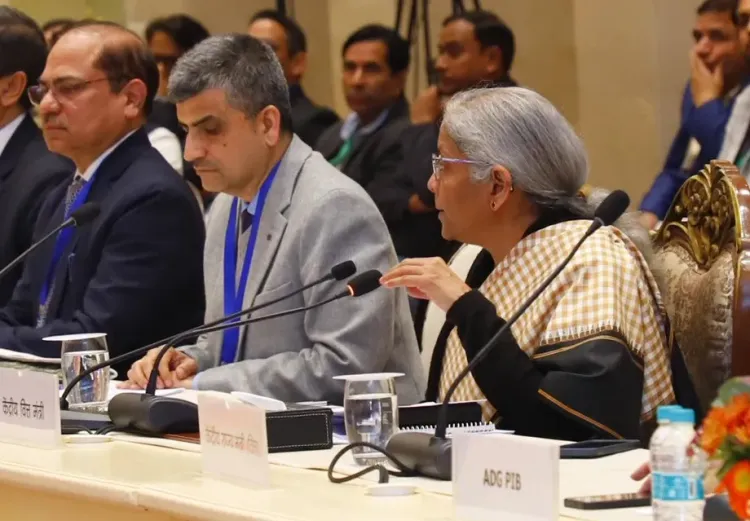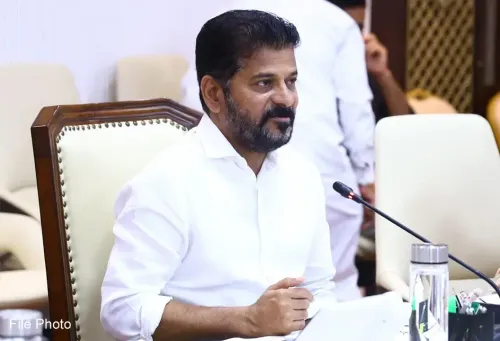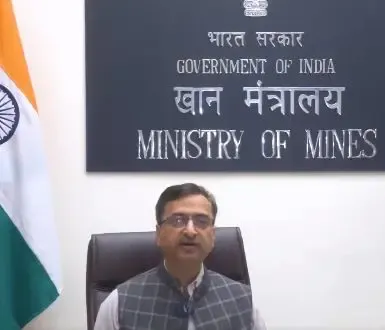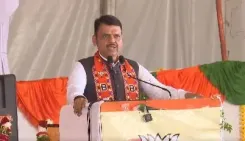Are GST reforms a ‘Diwali gift’ to enhance tax efficiency?

Synopsis
Key Takeaways
- Next-generation GST reforms are a significant step towards enhancing tax efficiency.
- These reforms aim to simplify processes and boost compliance.
- MSMEs will benefit from improved access to resources and incentives.
- Decriminalizing minor offences will reduce compliance costs.
- The focus on strategic sectors signifies India's growth in global tech manufacturing.
New Delhi, Aug 16 (NationPress) The unveiling of next-generation GST reforms as a “Diwali gift” marks a significant stride towards enhancing tax efficiency, boosting compliance, and streamlining processes, as highlighted by industry chambers.
These reforms are poised to alleviate the tax load on citizens and businesses while fostering a more favorable business environment, invigorating domestic consumption, and attracting increased investments.
“Equally important are the government's ongoing initiatives to modernize regulations and simplify approvals, thereby fostering a truly conducive atmosphere for business growth,” stated Rajiv Memani, President of CII.
The proposal to introduce a bill in Parliament aimed at decriminalizing minor offences, along with the establishment of a dedicated taskforce for next-generation reforms, will significantly benefit the industry by lowering compliance costs, eliminating operational hurdles, and cultivating a culture of trust, innovation, and competitiveness, he added.
CII also praised the increased emphasis on strategic sectors — the drive for Made-in-India semiconductor chips by year-end highlights India’s rise in the global tech manufacturing landscape, while initiatives such as the Sudarshan Chakra Mission, energy self-reliance, and advancements in space capabilities, including plans for an indigenous space station, represent a transformative leap in domestic innovation.
“CII is prepared to collaborate closely with the government and stakeholders to propel these reforms, encourage industry engagement, and ensure that India's growth narrative remains strong, inclusive, and globally competitive,” Memani remarked.
The apex industry chamber lauded the Prime Minister’s ambitious and forward-thinking strategy for achieving Viksit Bharat by 2047, grounded in continuous reforms and a resilient Atmanirbhar philosophy. With a focus on self-sufficiency, innovation, and empowering citizens, the Prime Minister emphasized India’s transition from reliance on others to becoming a confident, technologically advanced, and economically strong nation, according to CII.
MSMEs, which form the backbone of India's economy, are expected to benefit significantly from these initiatives. Enhanced access to talent, targeted incentives, and a more robust domestic manufacturing ecosystem will enable them to grow, innovate, and integrate more thoroughly into global value chains.









